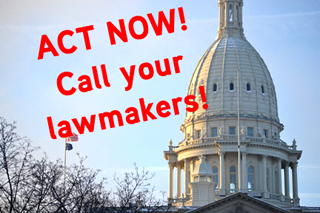The International Downtown Association (IDA) will be holding their Midwest Forum in Downtown Grand Rapids May 5-6, 2014. The conference has been designed to be distinctly different and memorable. Attendees won’t be stuck inside convention and meeting spaces – they’ll be moving between six progressive topical sessions held inside the offices and intuitions that are collectively working to build and rethink the Grand Rapids community. The focus will be issues and opportunities facing Downtowns that include talent attraction, innovative public engagement, growing support for local businesses, positioning arts and creative institutions to change the cultural landscape, transformative projects and techniques, and much more…
To explore these topics, a lineup of more than 20 speakers has been assembled, including:
- Richard Saul Wurman (Tuesday keynote) – Founder of the TED Conference, and so much more..
- Rick DeVos – 3rd generation philanthropist and architect of the world-renowned ArtPrize and Start Garden
- Mike Berne – International retail planning expert
- Jeannette Pierce – Grassroots talent attraction guru at D:hive
- Chris Muller – Citizen advocate working to change the shape of the Grand River
- Scott Page – Principal of the APA’s recipient of the 2013 National Planning Award for an Emerging Planning and Design Firm
- Sarah Filley – Co-Founder of PopUpHood
- Lyz Crane – Deputy Director, ArtPlace America
See all the detail and the full list of speakers here.
Registration is only $175…
Questions? Contact David Downey (ddowney@ida-downtown.org) or Debbie Young (dyoung@ida-downtown.org) of IDA.
Nikki Brown is a legislative associate for the League handling economic development and land use issues. She can be reached at nbrown@mml.org or 517-908-0305.



